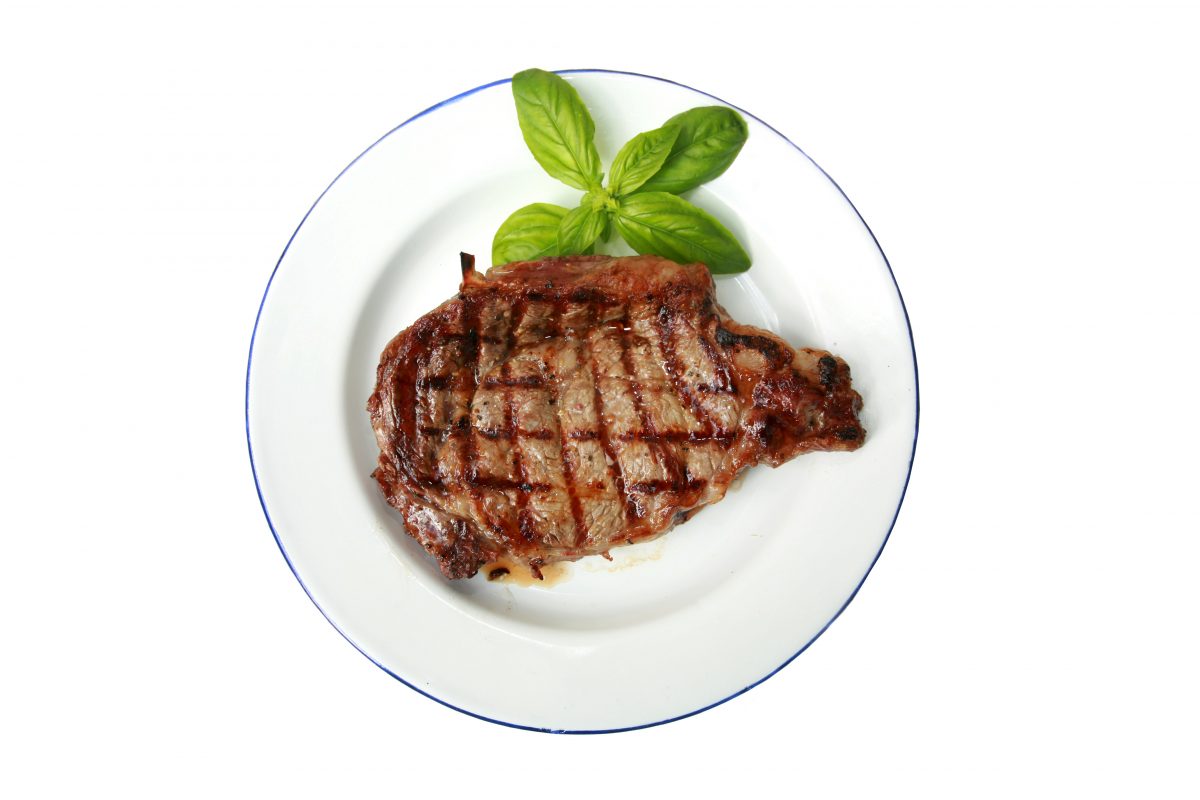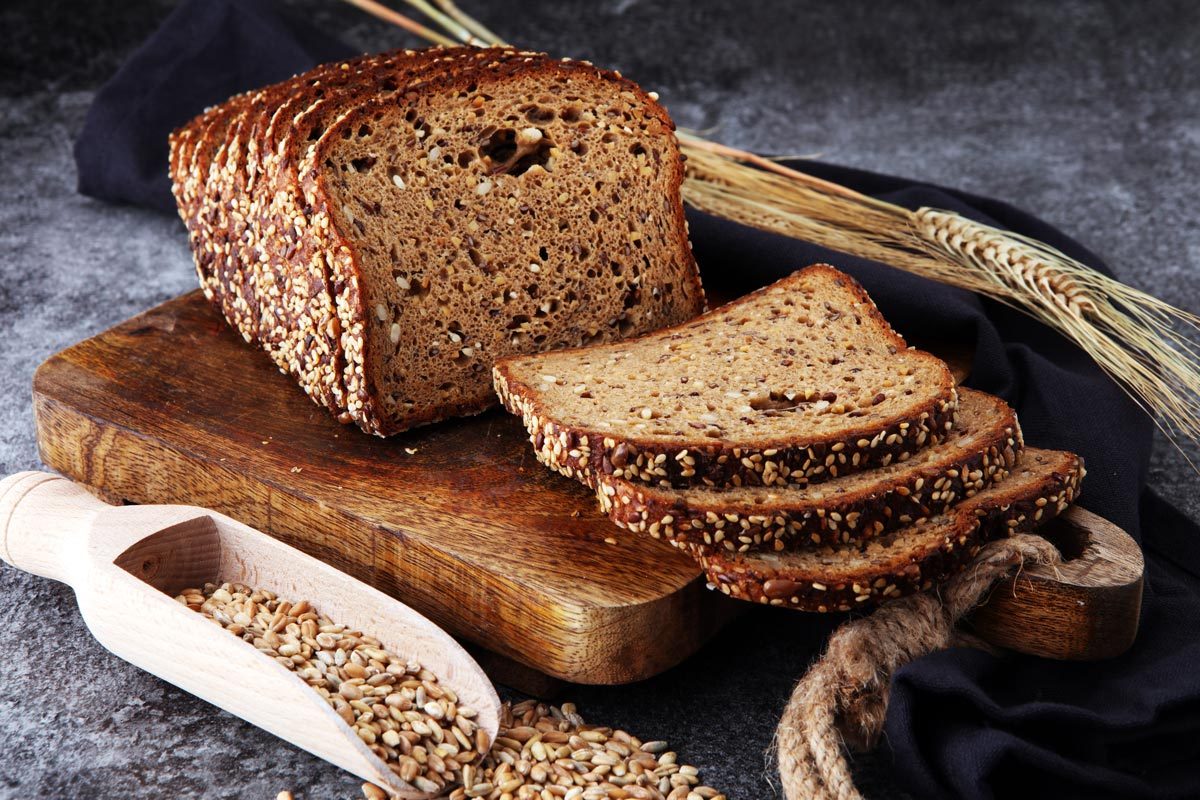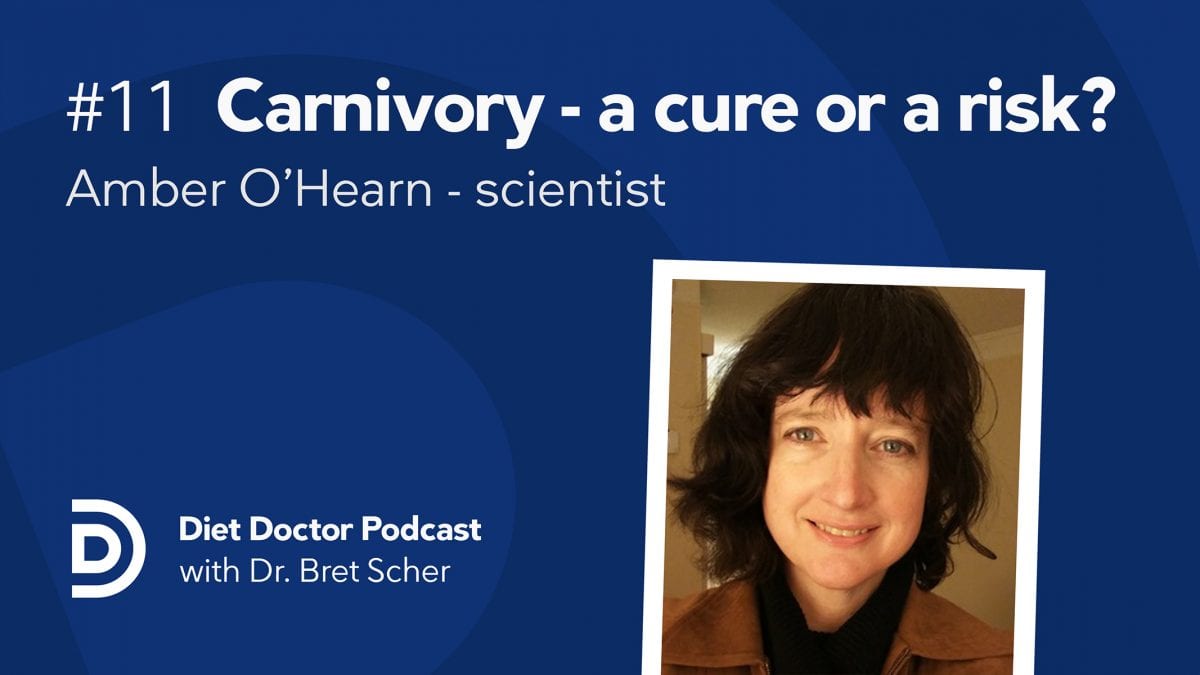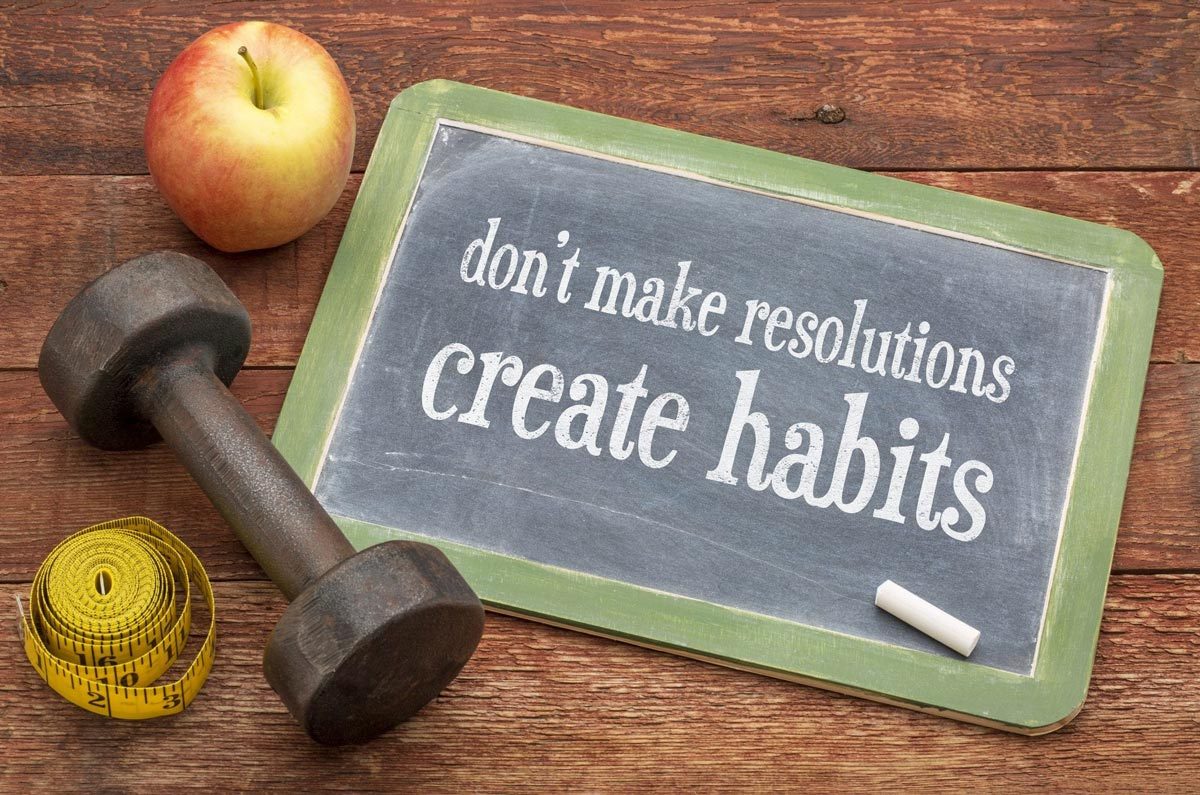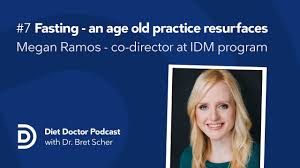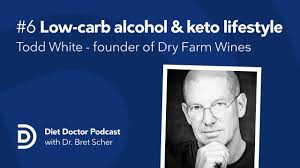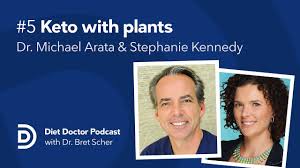They just keep getting better. These low carb conferences keep raising the bar, and they keep exceeding my expectations.
Low Carb Denver was no exception.
Robb Wolf on Low Carb Myths
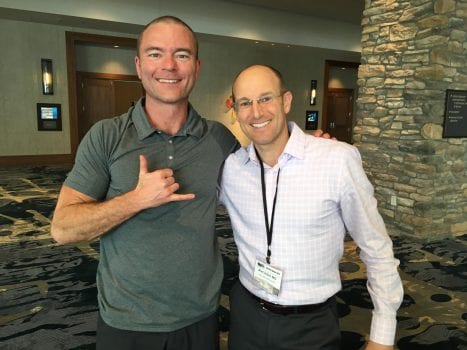
The conference started out with Robb Wolf dispelling the unfounded myths that low carb is dangerous or associated with dying earlier. The quality of science that gets promoted in the media is nauseating, and Robb did a wonderful job highlighting that. (Plus, we had a fantastic podcast interview later that day, so stay tuned for that!)
Georgia Ede on the EAT Lancet Report
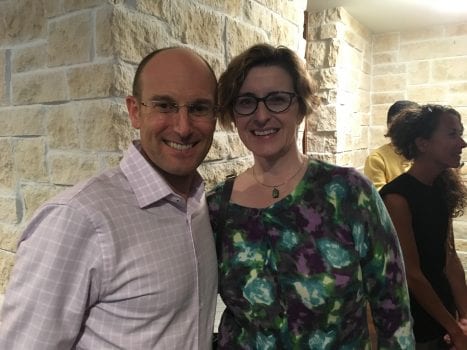
Next up was Georgia Ede, who destroyed the EAT Lancet report. By saying “destroyed,” I don’t mean she was malicious or attacking. Rather, Georgia was her usual incredibly analytical and science-based self. She showed how the report was based on faulty science, and how the recommendations weren’t even supported by the faulty data they used. It is mind boggling how this amounts to a well-funded PR campaign masquerading as science, and Georgia was masterful at demonstrating this fact. Bonus- Georgia sat down for another action packed podcast interview. (You will love this one!)
Low Carb Practical Implications
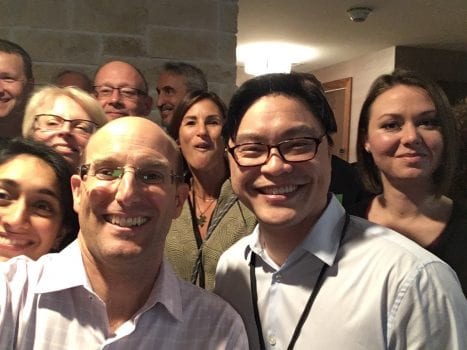
From there, we got into practical implications such as how low carb might be an adjunctive treatment in cancer, how it can be safe in pregnancy, and Jason Fung showing how PCOS is essentially a disease of hyperinsulinemia. What’s the best treatment for hyperinsulinemia? Let’s say it together… LCHF! (and I had an amazing podcast interview with Jason as well!)
Then the controversy started.
LCHF Controversy
Kudos to the organizers for stirring things up with presentations followed by a civil debate between Dr. Dariush Mozafarrian and Gary Taubes. It’s important to recognize intelligent opinions and scientific interpretation don’t always agree. This was a nicely highlighted in this section.

There are plenty of times when opinions and “data” against low carb are based on weak or nonexistent science. The discussion with Gary and Dariush showed the nuances of interpreting science, something I aim to continually help with!
Zoe Harcombe on Fiber
Fast forward to day two when Zoe Harcombe brought down the house with a riveting talk on how we don’t need fiber. None. Not at all. Zilch. If we eat tons of refined carbs, then fiber is helpful. If we don’t, then don’t worry about fiber! This was a great talk with perfectly placed “potty humor” as Zoe called it.
My Talk
Next came my favorite part of the conference. But then again I am biased. It was a 1-2-3 cholesterol punch with Dr. Paul Mason, myself, and Dr. Nadir Ali all discussing different aspects of cholesterol. The take home is that things are different with LCHF. The physiology changes and the existing cholesterol evidence does not reflect the specific subset who follow a healthy low carb diet. That much we know.

Yet, there is much we don’t know. These back-to-back-to-back talks helped highlight this. That’s why I advise everyone following a LCHF lifestyle to see a practitioner experienced with LCHF. It doesn’t mean ignore cholesterol, but it does mean seeing it in a different light.
As if the first two days weren’t enough, day three kicked off with Dr. Eric Westman, followed by Dave Feldman sharing his amazing N=1 clinical data from the past year. Beware of coffee and high triglycerides!
The Diet Doctor on Long-Term LCHF Diets
Then came The Diet Doctor himself, Dr. Andreas Eenfeldt showing us how low carb diets do work in the long term. We just have to stick with them. This was a nice compliment to the earlier talk from Dr. David and Jen Unwin showing us how hope is a powerful force to maintain compliance and behavioral change.
LCHF and Sexual Health
And then we had a new topic for the LCHF meeting, sexual health. Perfectly delivered by stand-up comedian and low carb physician Dr. Priyanka Wali, her talk showed us how the number of problems LCHF helps continue to add up. That is why most of the time we are better off thinking of LCHF as an overall healthy lifestyle rather than a “treatment” for a specific disease.
LCHF Community
Despite all these amazing talks, however, the real star was the community. The interactions I had and witnessed between everyone, healthcare providers or not, showed the level of engagement, intelligence, and hope this community represents.

My personal highlight may have been having dinner with an ER doc, family practice doc, forage agronomist and ceramics teacher. All of us with eclectic backgrounds, and all of us wanting to improve the health of the world (people and the environment).
It was a week’s worth of interactions packed into three days. And it leaves me hopeful for the future of science, the future of nutrition, and the future of health.
Thanks for reading!
Bret Scher, MD FACC

